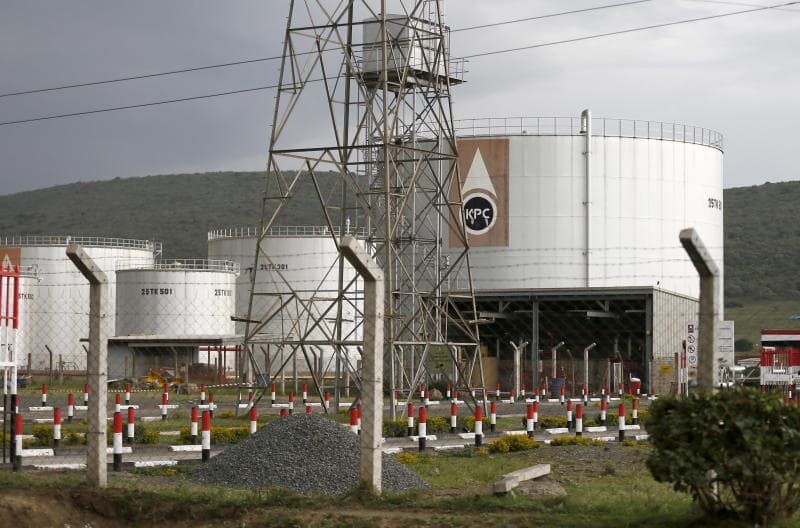We're loading the full news article for you. This includes the article content, images, author information, and related articles.
A High Court judge has suspended the government’s plan to privatise the Kenya Pipeline Company after the Consumers Federation of Kenya filed a case arguing that a sale threatens national security and public interest; the court set deadlines for responses and a hearing on September 5.

Nairobi, Kenya – Kenya’s High Court has temporarily suspended plans to privatise the Kenya Pipeline Company (KPC) following a petition by the Consumers Federation of Kenya (COFEK). Justice Bahati Mwamuye issued the conservatory order on 15 August, restraining the government from disposing of its shares in the state‑owned oil transporter until the matter is heard and determined. The judge directed all respondents, including the National Treasury and the Attorney General, to file responses by 22 August, with rejoinders due on 29 August; a substantive hearing is scheduled for 5 September.
COFEK argues that privatising the pipeline would threaten national security, undermine public interest and potentially lead to job losses. The federation wants the court to declare any sale unconstitutional, citing the strategic importance of the pipeline, which transports petroleum products from the port of Mombasa to inland depots. Government officials have maintained that involving private investors would improve efficiency, but critics say the process has lacked transparency.
The case has reignited debate over how Kenya should manage its state‑owned enterprises. Proponents of privatisation argue that the government cannot continue to pump billions of shillings into loss‑making firms and that private capital is needed to upgrade infrastructure and reduce fuel costs. Opponents warn that essential services could be captured by foreign interests or politically connected oligarchs.
Justice Mwamuye’s order means the Treasury cannot proceed with any tendering, negotiations or sale agreements related to KPC until the court rules on the merits of the petition. Analysts say the outcome will set an important precedent for future privatisations, including planned sales of stakes in ports, airlines and utility companies. COFEK has called on Parliament to develop clear frameworks for public asset disposal that prioritise national security and consumer protection.
As the case unfolds, the KPC board has urged employees and customers to remain calm and assured that operations will continue uninterrupted. Petroleum industry players are watching closely, given the pipeline’s central role in Kenya’s energy supply chain.
Keep the conversation in one place—threads here stay linked to the story and in the forums.
Sign in to start a discussion
Start a conversation about this story and keep it linked here.
Other hot threads
E-sports and Gaming Community in Kenya
Active 9 months ago
The Role of Technology in Modern Agriculture (AgriTech)
Active 9 months ago
Popular Recreational Activities Across Counties
Active 9 months ago
Investing in Youth Sports Development Programs
Active 9 months ago